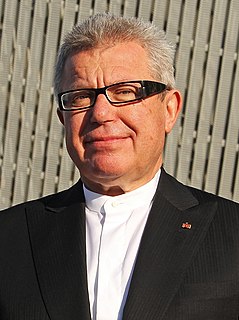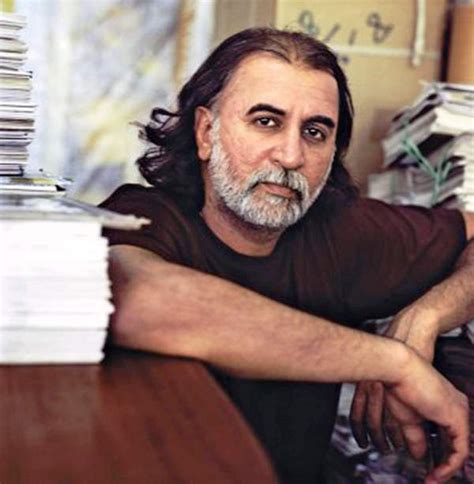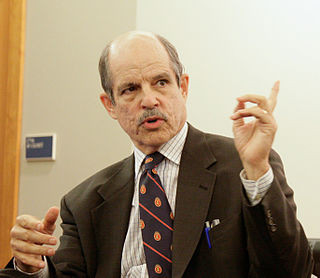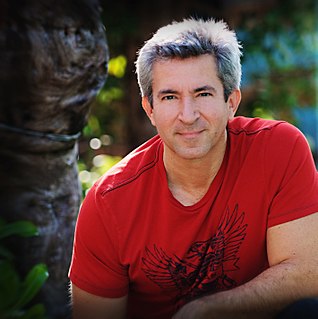A Quote by Daniel Libeskind
Our lives are complex; our emotions are complex; our intellectual desires are complex. I believe that architecture … needs to mirror that complexity in every single space that we have, in every intimacy that we possess.
Related Quotes
Complexity has and will maintain a strong fascination for many people. It is true that we live in a complex world and strive to solve inherently complex problems, which often do require complex mechanisms. However, this should not diminish our desire for elegant solutions, which convince by their clarity and effectiveness. Simple, elegant solutions are more effective, but they are harder to find than complex ones, and they require more time, which we too often believe to be unaffordable
Real history is far more complex and interesting than the simplistic summaries presented in Wikipedia articles. Knowing this allows you to question received wisdom, to challenge 'facts' 'everybody' knows to be true, and to imagine worlds and characters worthy of our rich historical heritage and our complex selves.
All propaganda or popularization involves a putting of the complex into the simple, but such a move is instantly deconstructive. For if the complex can be put into the simple, then it cannot be as complex as it seemed in the first place; and if the simple can be an adequate medium of such complexity, then it cannot after all be as simple as all that.
Buddha says: Life should be simple, not complex. Life should be based on needs, not on desires. Needs are perfectly okay: you need food, you need clothes, you need a shelter, you need love, you need relationship. Perfectly good, nothing wrong in it. Needs can be fulfilled; desires are basically unfulfillable. Desires create complexity. They create complexity because they can never be fulfilled. You go on and on working hard for them, and they remain unfulfilled, and you remain empty.
One of our needs in a very complex society, where we encounter more people every day than probably our ancestors encountered over their whole lifetime, is our need to very rapidly evaluate other people. And one of the most potent ways of doing that is through our automobiles. So, a car isn't just a thing. It's a set of symbols and associations that we have to figure out in order to understand how we navigate our social worlds with that car.
One can expect the human race to continue attempting systems just within or just beyond our reach; and software systems are perhaps the most intricate and complex of man's handiworks. The management of this complex craft will demand our best use of new languages and systems, our best adaptation of proven engineering management methods, liberal doses of common sense, and a God-given humility to recognize our fallibility and limitations.
Perhaps randomness is not merely an adequate description for complex causes that we cannot specify. Perhaps the world really works this way, and many events are uncaused in any conventional sense of the word. Perhaps our gut feeling that it cannot be so reflects only our hopes and prejudices, our desperate striving to make sense of a complex and confusing world, and not the ways of nature.







































